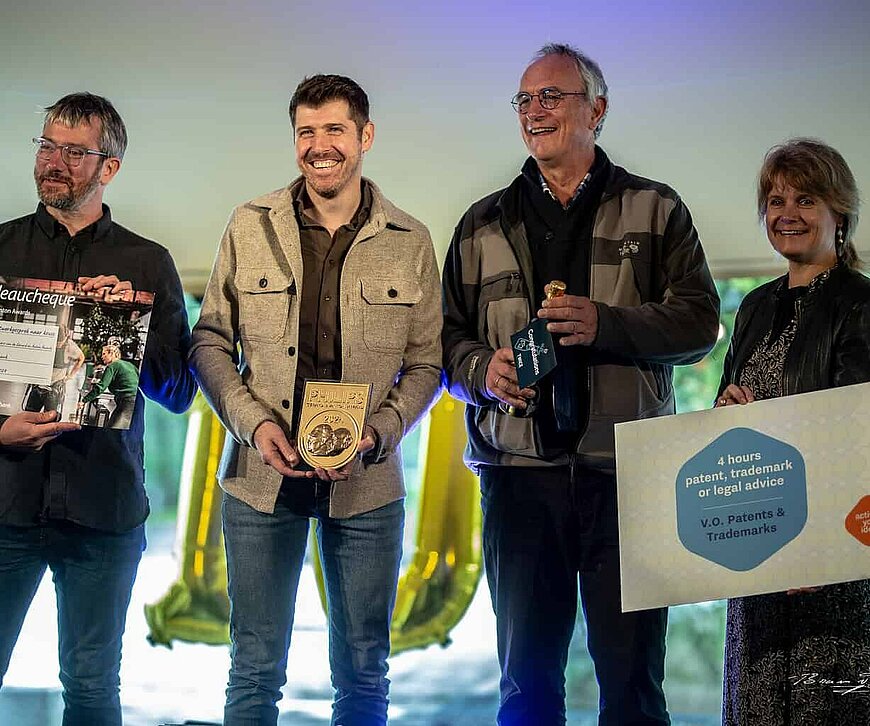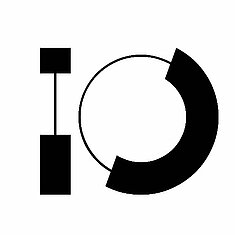UPyTher aims to make peritoneal cancer treatable with a chemogel

UPyTher has developed a new method in which chemotherapy is injected into the abdominal cavity in gel form, which exposes tumors longer and makes treatment more effective.
'Our mission is successful when we can bring effective medication to market, giving patients the prospect of a longer life', begins Geert van Almen, CEO of UPyTher. 'Currently, treatment options for patients with metastases to the peritoneum is very limited, resulting in an inferior prognosis for this group and patients dying prematurely.'
In most patients (95%), peritoneal cancer develops from metastasis of primary cancer to the abdominal cavity. Mainly gastrointestinal and gynecological cancers, such as colon, stomach, and ovarian cancer, are known to spread to the peritoneal cavity. Van Almen: 'Every year, 1.3 million patients worldwide are diagnosed with peritoneal cancer, and the prognosis is that there will be 2.3 million by 2040'.
New method with chemogel
To improve the treatment of people with peritoneal cancer, UPyTher has developed a new method. Chemotherapy is injected into the abdominal cavity in the form of a gel. The gel acts as a depot and releases the chemotherapy gradually. As a result, the tumors are exposed to the chemotherapy longer. This makes the treatment more effective, offering patients a better perspective. 'Maybe it is even possible to cure people in the future, but only time will tell', says Van Almen.
Collaboration between TU/e and Catharina Hospital
The startup emerged from a collaboration between Professor Patricia Dankers (TU/e) and Professor Ignace de Hingh, a surgeon oncologist at Catharina Hospital. De Hingh was looking for a method to make medication for the treatment of peritoneal cancer effective to treat peritoneal cancer. The technology Dankers is researching is the missing link to developing effective medication. Peter-Paul Fransen is also getting involved. His know-how in the design, synthesis, and modification of hydrogel and drug compounds makes an indispensable contribution.
Keys to success
In 2020, the three, together with Geert van Almen and the help of the TU/e, founded UPyTher to develop the technology into a full-fledged and effective drug. A few years later, UPyTher’s (concept) product has proven effective and safe. With this, the startup has also recently attracted investors for the first time.
'The fact that the scientists and others involved who originated the idea for this treatment method are still closely involved in UPyTher has been essential to our success', Van Almen emphasizes.
The region is also a key to this success. 'Our products are a unique combination of new materials and pharmaceutical knowledge. In addition, we focus on a specific patient group within oncology. Medical centers in the Brainport region are known for their expertise and innovation in peritoneal cancer. This is how we bring the developer and end-user together in one ecosystem. It can’t get any better', Van Almen concludes.
The Gerard & Anton Awards are supported by EY, Rabobank, V.O. Patents & Trademarks, TWICE, Kadans Science Partner, Braventure, Lumo Labs, Gemeente Eindhoven, High Tech Campus, Philips, Goevaers & Znn. B.V. and DeepTechXL.
